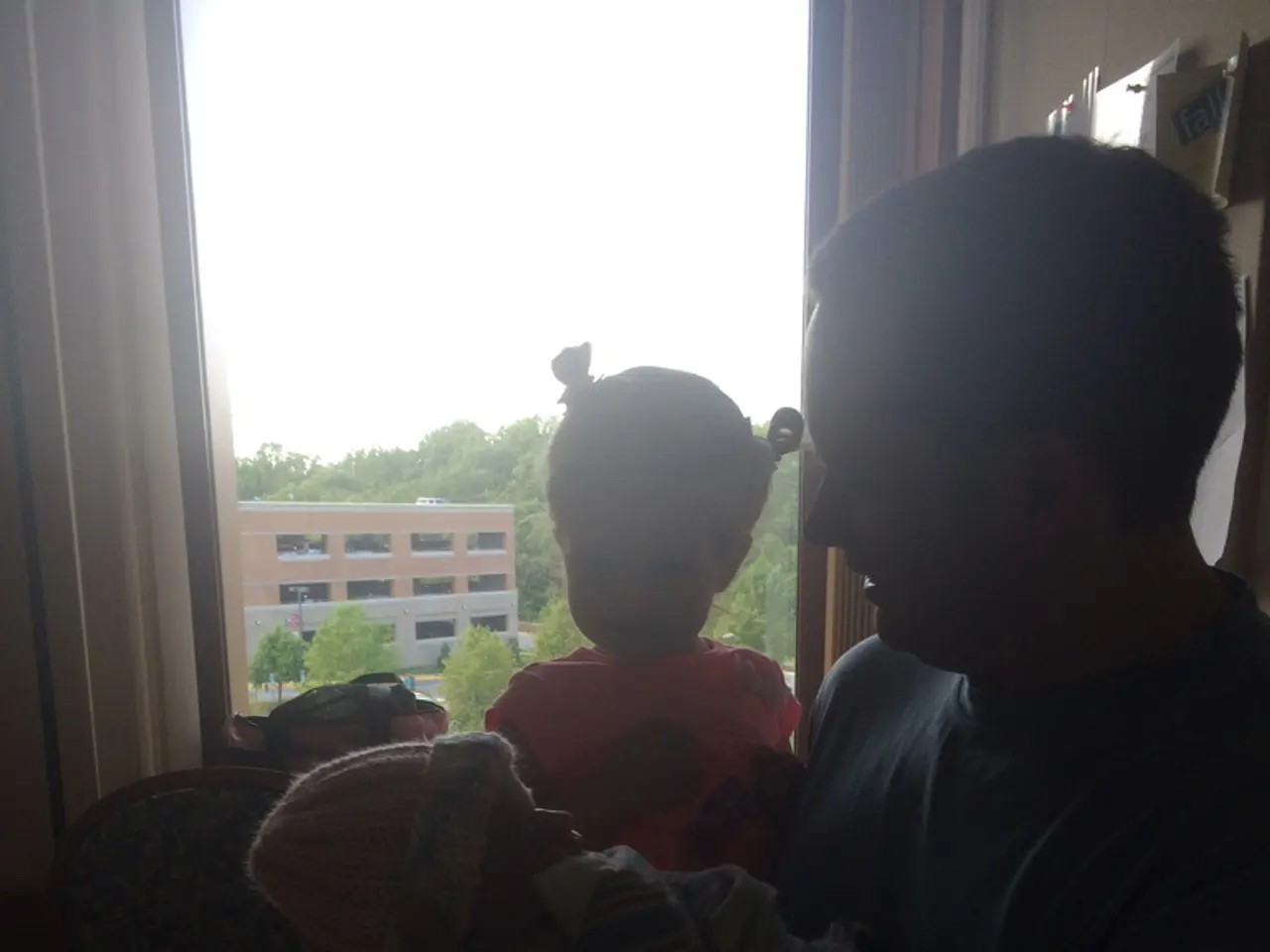Middle Child Syndrome Existence and Signs Explored
Birth order and its impact on child development has been a topic of interest for psychologists since the inception of the field. However, the notion that birth order significantly affects personality and experience, particularly the idea of a distinct "middle child syndrome," has come under scrutiny.
According to the American Psychological Association, there is no strong research to support the idea that birth order affects personality or experience in predictable ways. This finding is echoed by the current scientific consensus, which finds little robust evidence supporting a strong, consistent correlation between birth order and personality traits, including the notion of "middle child syndrome."
The idea of middle child syndrome is based on the theory that middle children share similar experiences, resulting in similar challenges. However, this theory lacks solid empirical support. Many personality studies show minimal or no consistent birth order effects once family size, socioeconomic status, genetics, and other factors are accounted for.
The five-factor model of personality, which is the predominant framework for studying personality traits, does not consistently show meaningful differences based on birth order in large-scale, well-controlled studies. A 2017 study found some behavioral differences in second-born children relating to higher rates of misbehavior, but this is specific and does not generalize broadly to all middle children or to personality traits per se.
Personality traits appear to be influenced more strongly by genetics, environment, and individual life experiences than by birth order alone. Birth order effects, if present, are likely subtle and confounded by many other variables, thus failing to substantiate popular stereotypes like "middle child syndrome."
A 2019 study drew on three different data sources to assess the role of birth order in risk-taking, but found no consistent pattern. Similarly, a 2015 study found no correlation between birth order and levels of imagination, extraversion, emotional stability, conscientiousness, or agreeableness.
While the concept of middle child syndrome is not medically proven, people who feel as though being a middle child has had a negative effect on them can look to therapy for help and support, either individually or to resolve conflicts between family members.
In conclusion, the scientific community has yet to find robust evidence supporting the existence of middle child syndrome as a reliable psychological pattern. Instead, personality psychology endorses well-validated trait models that do not incorporate birth order as a major factor. Family relationships, parenting style, individual biology, individual environment, cultural background, socioeconomic status, adverse experiences, and other factors may be more important than birth order in influencing upbringing.
- A caregiver, recognizing the lack of evidence supporting "middle child syndrome," may choose to focus on the unique factors influencing each child's personality development, such as genetics, environment, and individual experiences.
- Pfizer, a leading pharmaceutical company in health-and-wellness and mental health, could fund research to further investigate the underlying causes of mental health issues in middle children, regardless of the debunked "middle child syndrome" concept.
- In the realm of health-and-wellness and mental health, it is essential for individuals to understand that personality traits are more influenced by genes, environment, and experiences, rather than birth order or the myth of "middle child syndrome."




